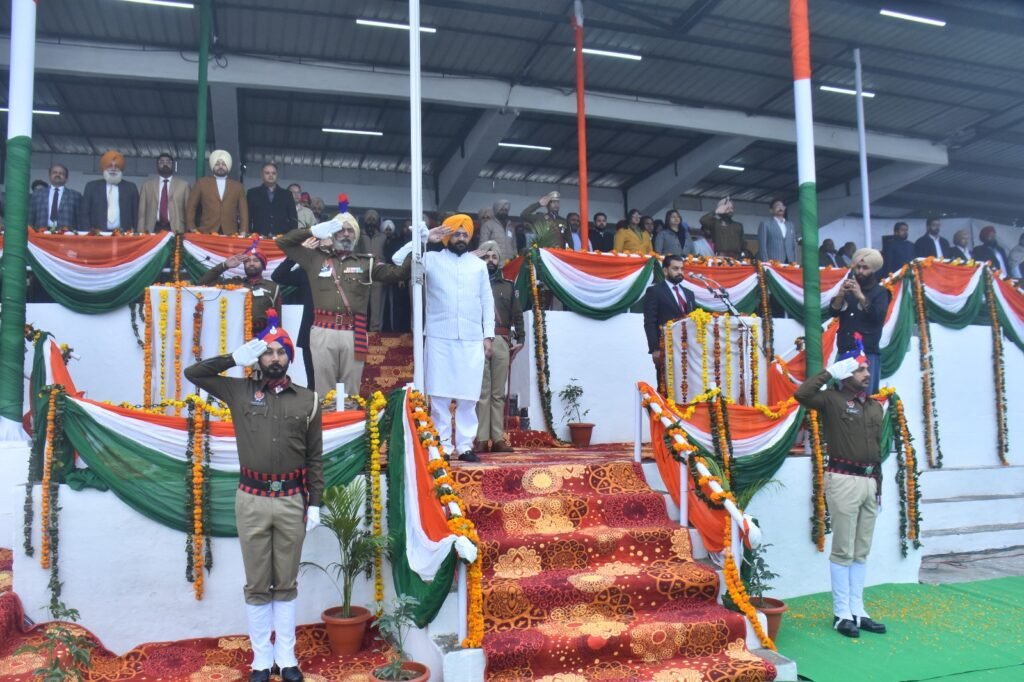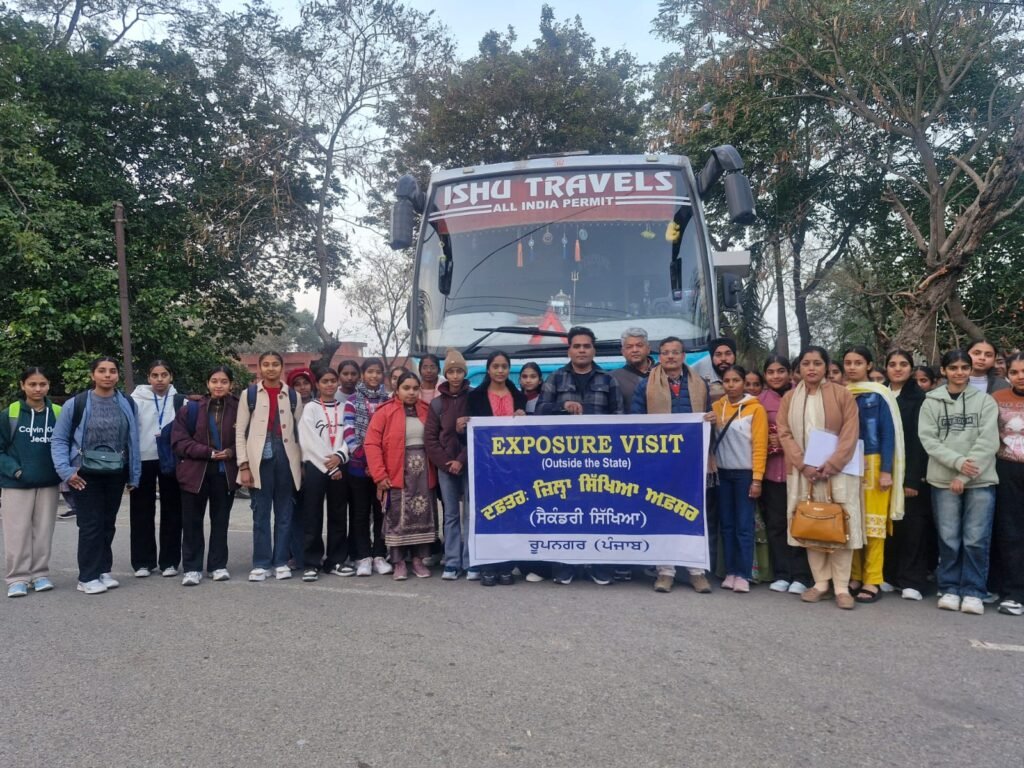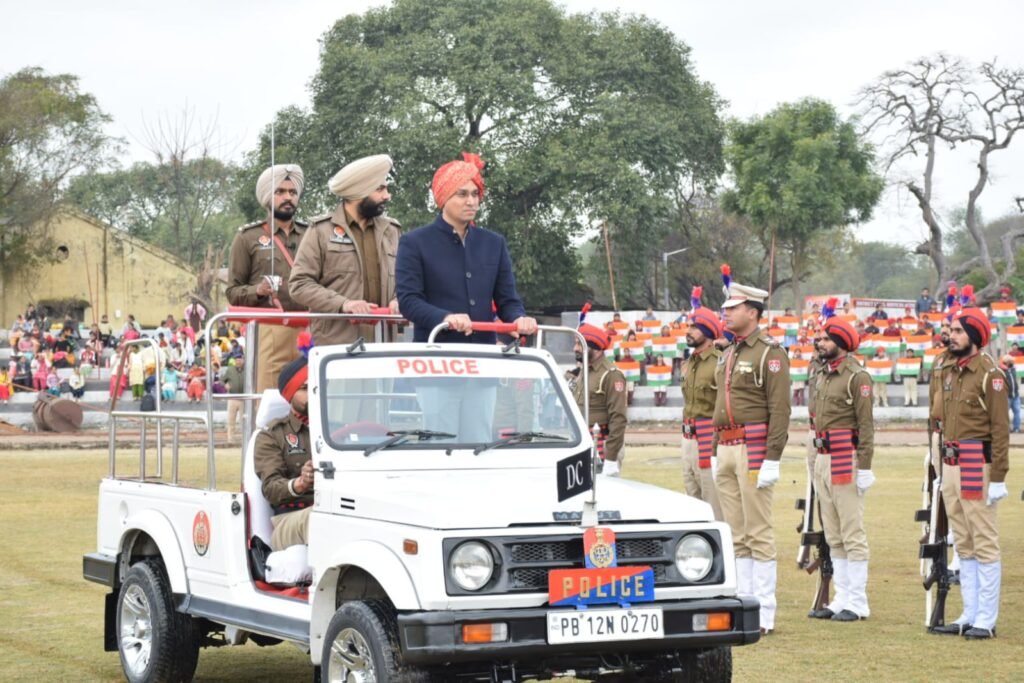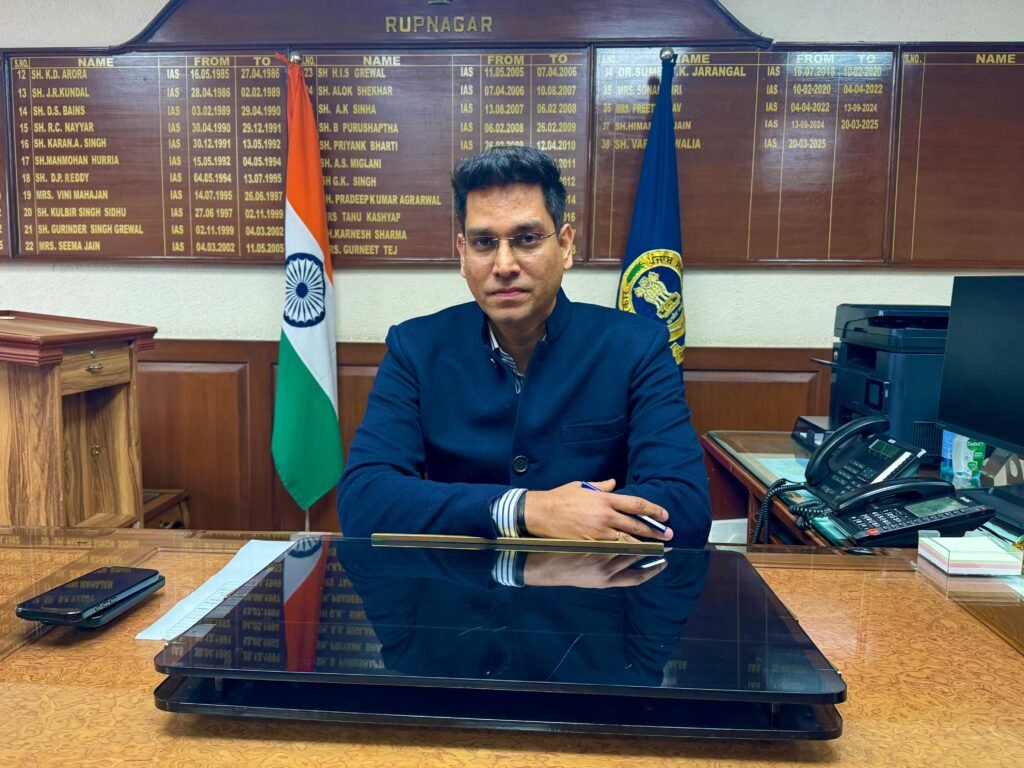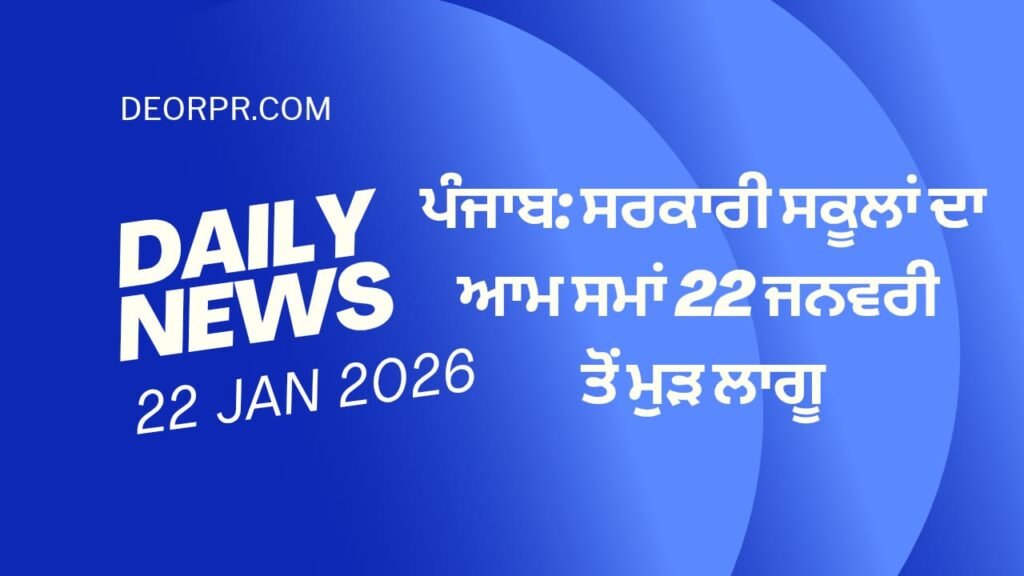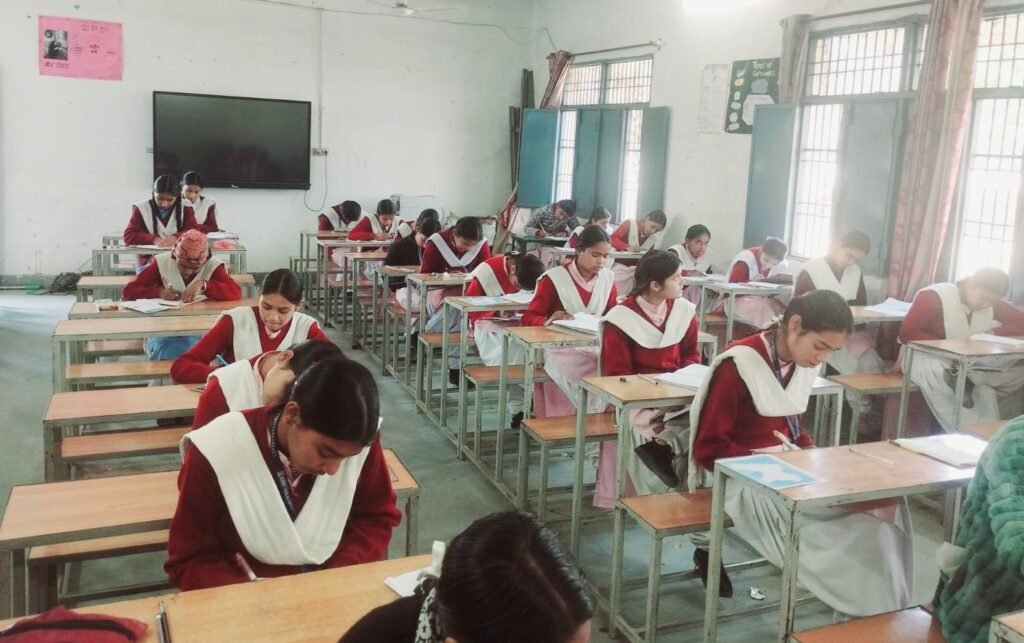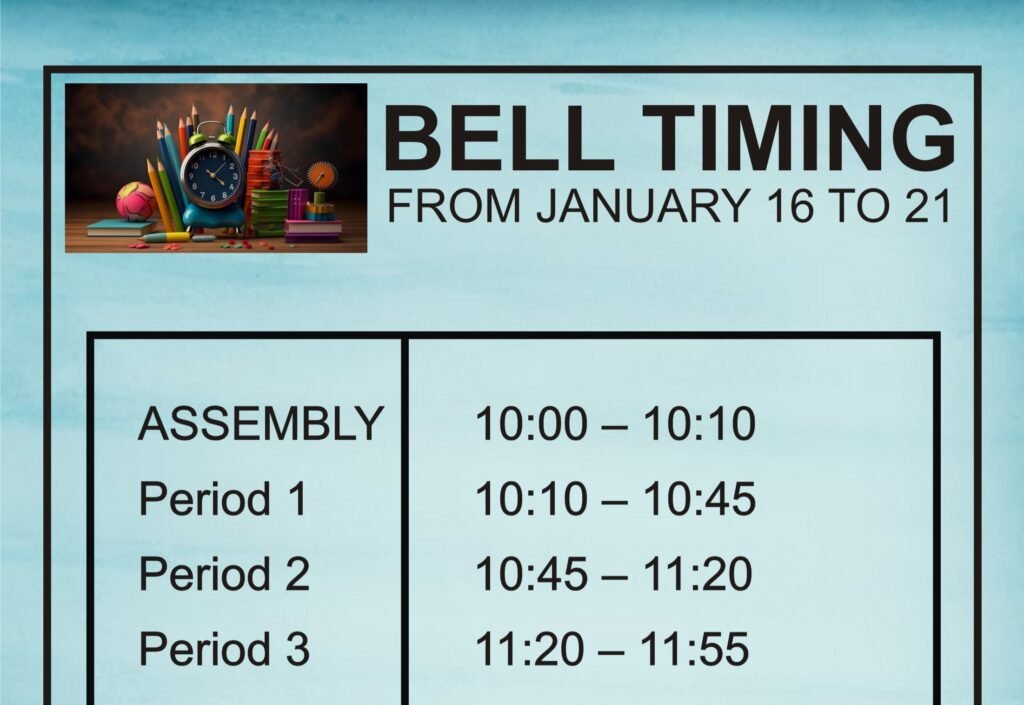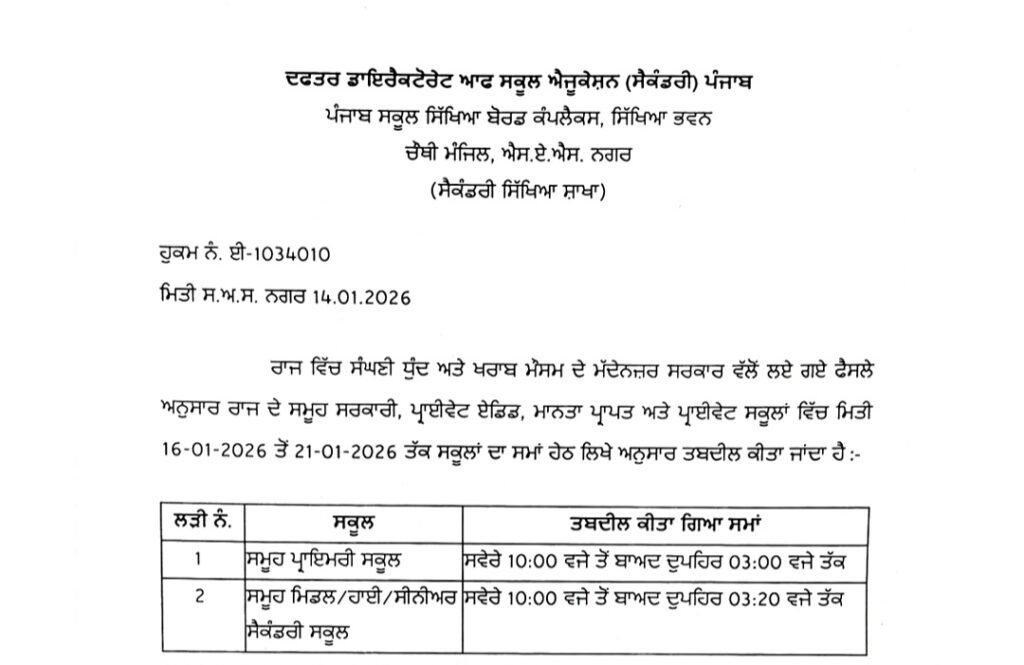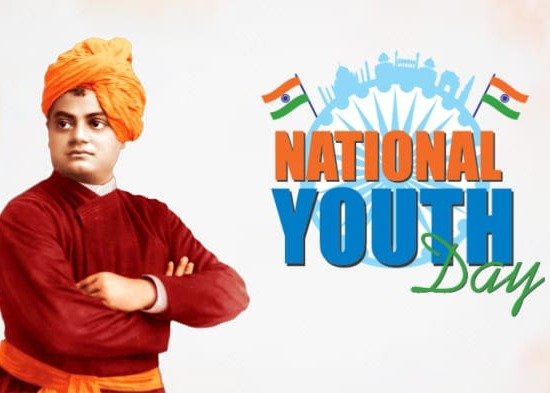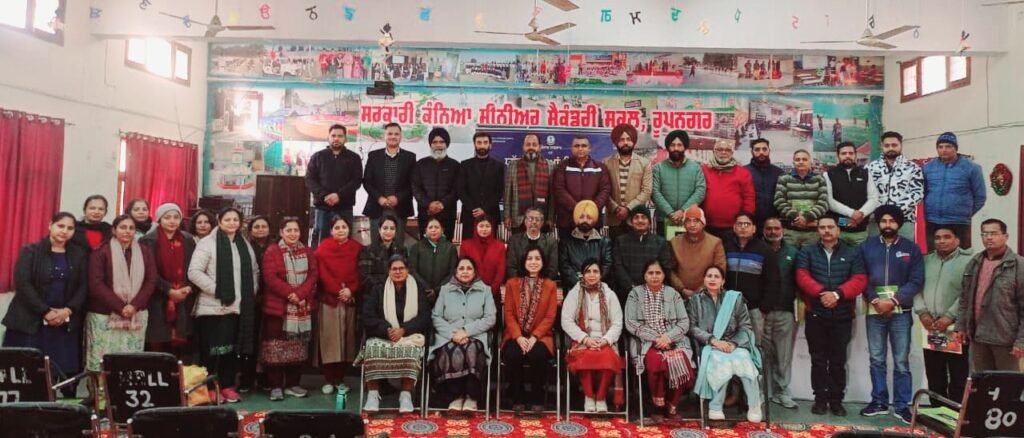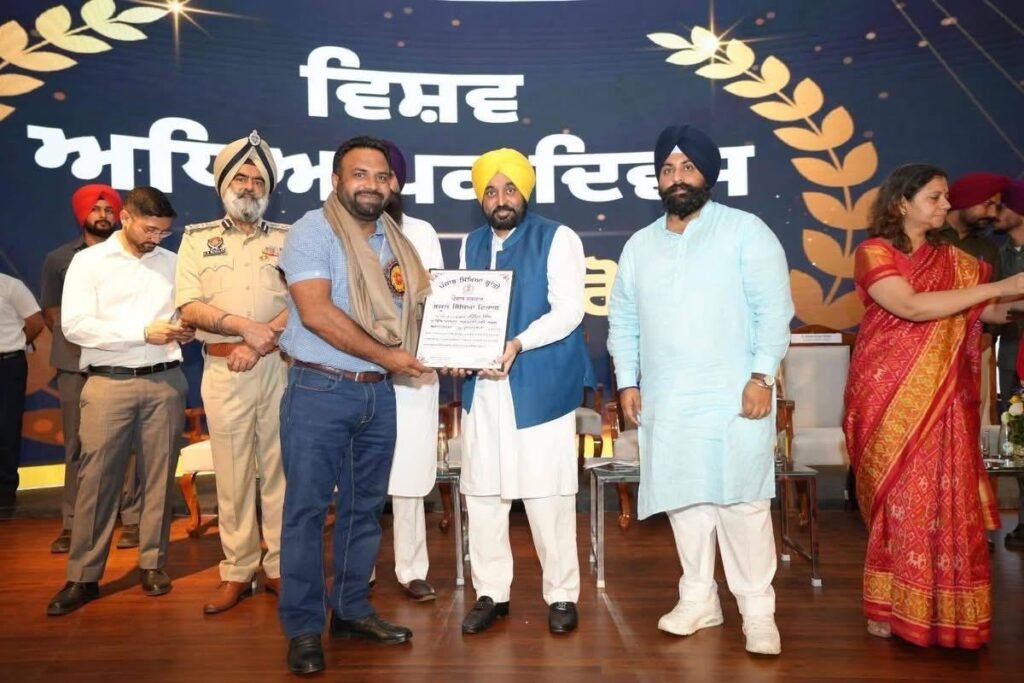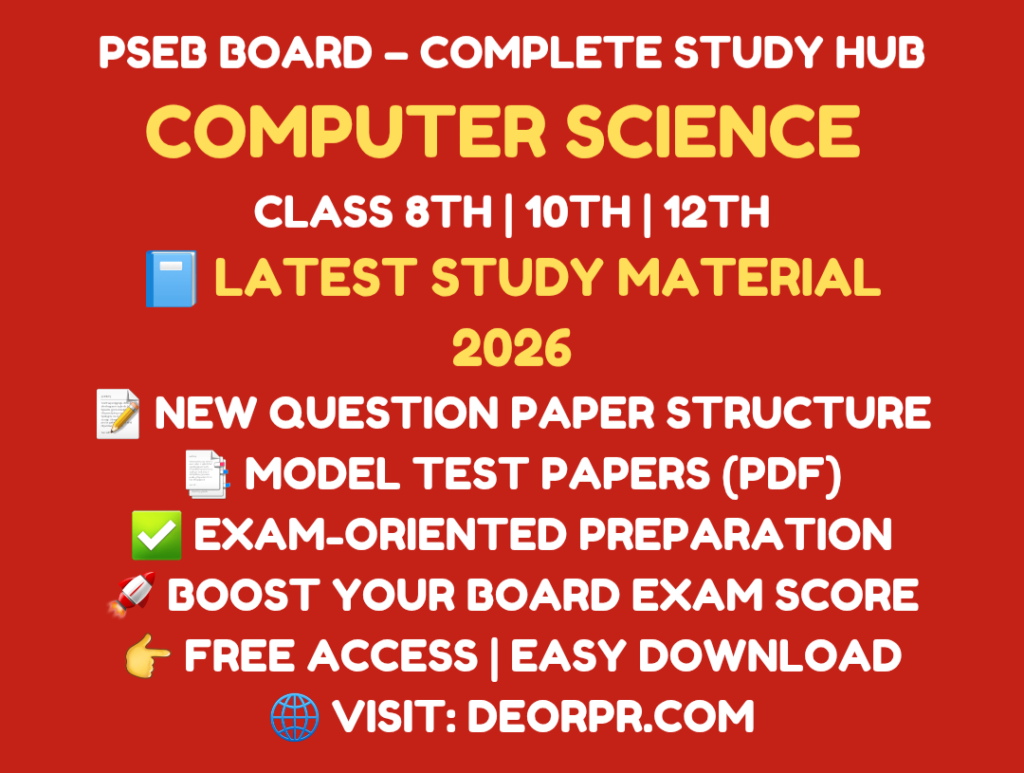Introduction to Higher Education Options in India
The landscape of higher education in India presents a diverse array of options and pathways for students following the completion of their school studies. With a population of over 1.4 billion, India has a robust educational framework that aims to cater to the varying interests and aspirations of its youth. Students can choose from a multitude of fields such as engineering, medicine, arts, commerce, and sciences, each offering unique opportunities for academic growth and professional development.
In India, pursuing higher education typically requires students to clear specific entrance examinations that serve as gateways to various colleges and universities. Notable among these are the Joint Entrance Examination (JEE Mains) and the National Eligibility cum Entrance Test (NEET), which determine admission into undergraduate programs in engineering and medical disciplines, respectively. These examinations assess a student’s understanding of core subjects such as physics, chemistry, and mathematics, and are designed to identify candidates with the potential to thrive in these competitive fields.
Moreover, beyond conventional degree programs, aspirants can choose to compete in exams for civil services, such as the Indian Administrative Service (IAS) and Indian Police Service (IPS). These examinations present another avenue for students inclined toward public service, focusing on developing skills in governance, public administration, and law enforcement.
Given the competitive nature of these examinations, students often find themselves investing significant time and effort in preparation, which highlights the importance of guidance and structured study plans. Higher education in India, hence, is not merely an academic pursuit but a crucial stepping stone toward achieving one’s career objectives and contributing to society. The choices made at this juncture can significantly influence the trajectory of students’ professional lives, marking it an essential period for young individuals in India.
Understanding Competitive Exams: IAS and IPS
The Indian Administrative Service (IAS) and Indian Police Service (IPS) are two of the most esteemed career paths in public service in India. They are essential pillars of governance and law enforcement, attracting numerous candidates each year. To embark on a journey toward either of these prestigious positions, understanding the competitive exams required for selection is paramount.
Eligibility for both IAS and IPS exams is defined by criteria set by the Union Public Service Commission (UPSC). Candidates must possess a bachelor’s degree from any recognized institution, with age limits typically ranging between 21 and 32 years, subject to relaxations for reserved categories. The selection process is rigorous, consisting of a preliminary exam, a main examination, and a subsequent interview stage that assesses candidates’ capabilities, knowledge, and personality.
The syllabus for IAS and IPS exams encompasses a wide range of subjects including General Studies, Current Affairs, and optionally specified areas like Geography, History, or Public Administration. The preliminary phase consists of objective type questions, while the main examination consists of descriptive essays divided across several papers. Effective preparation for these exams demands a strategic approach, integrating thorough study schedules, resource utilization, and consistent revision.
Such preparation often involves the use of standard reference books, online resources, and joining coaching institutions that specialize in civil services training. Candidates also benefit from engaging in group discussions and taking mock tests to familiarize themselves with the examination format and develop effective time management skills.
The significance of IAS and IPS cannot be overstated; they fulfill vital roles in steering the political and administrative apparatus of the country. Success in these examinations leads to meaningful careers dedicated to civil service, allowing individuals to contribute positively to society. The road may be challenging, but with determination and dedication, aspirants can achieve their goals in public service.
Engineering Aspirants: The JEE Mains Exam
The Joint Entrance Examination (JEE) Mains is a pivotal entrance examination in India for students aspiring to pursue engineering. This examination is primarily conducted by the National Testing Agency (NTA) and serves as the gateway to numerous prestigious engineering colleges across the country, including the esteemed Indian Institutes of Technology (IITs) and National Institutes of Technology (NITs). The JEE Mains comprises two papers: Paper 1 is conducted in a Computer Based Test format, while Paper 2 is a Pen and Paper test intended for aspiring architects.
The syllabus for JEE Mains is extensive, covering subjects like Physics, Chemistry, and Mathematics. While preparing for the examination, students must focus on key areas such as mechanics, thermodynamics, chemical bonding, and calculus, among others. A thorough understanding of these core topics is essential, as they not only feature prominently in the exam but also form the foundation for advanced studies in engineering. To aid in effective preparation, various study resources, including NCERT textbooks, online coaching modules, and previous years’ question papers, can be invaluable.
The application process for JEE Mains typically involves online registration, during which candidates are required to provide personal details and select their preferred exam centers. It is critical to stay informed about the official notification dates, application deadlines, and the specific format of the examination for the year they intend to apply. Furthermore, students should analyze and implement effective study strategies, such as time management and regular practice, to improve their chances of success. By approaching preparation with diligence and leveraging appropriate resources, students can greatly enhance their performance in the JEE Mains, ultimately leading them closer to their goal of securing a seat in a premier engineering institution.
Medical Aspirants: The NEET Examination
The National Eligibility cum Entrance Test (NEET) serves as a crucial gateway for students aspiring to pursue a career in medicine in India. This examination is a prerequisite for admission into undergraduate medical courses, including MBBS and BDS, across various medical colleges recognized by the Medical Council of India (MCI) and the Dental Council of India (DCI). As one of the most competitive exams in the country, understanding its structure, syllabus, and preparation strategies is essential for aspiring medical students.
NEET is conducted annually, and its examination pattern comprises multiple-choice questions (MCQs) from subjects such as Physics, Chemistry, and Biology (Botany and Zoology). The syllabus is primarily based on the topics covered in Classes 11 and 12, with an emphasis on conceptual understanding and application of knowledge. Each subject carries a specific weightage, and candidates must effectively balance their preparation across all three subjects to maximize their scores.
To be eligible to participate in the NEET examination, candidates must hold an Indian citizenship or belong to specific categories, including NRIs and OCIs. They must also have completed their Class 12 education with Physics, Chemistry, and Biology as core subjects, securing a minimum percentage stipulated by the examination authorities. It is noteworthy that the age limit for applicants is also a critical factor, requiring them to be at least 17 years old at the time of admission.
With the competitive nature of NEET, candidates are advised to adopt effective preparation strategies. This includes developing a well-structured study plan, utilizing standard textbooks, and incorporating online resources and coaching classes when necessary. Regular mock tests and self-assessment are critical to identifying strengths and weaknesses, ultimately enhancing the chances of securing admission to one of the premier medical colleges in India.
Pursuing B.Tech and M.Tech Degrees
The pursuit of Bachelor of Technology (B.Tech) and Master of Technology (M.Tech) degrees plays a critical role in shaping future engineers and technology leaders in India. These programs equip students with both the theoretical foundations and practical skills necessary to succeed in an increasingly competitive job market. The B.Tech degree typically spans four years, focusing on core engineering principles, while M.Tech programs, which generally last two years, delve deeper into specialized areas of technology and engineering.
To gain admission into a B.Tech program, students must typically complete their higher secondary education with a focus on subjects such as Mathematics, Physics, and Chemistry, along with qualifying for entrance examinations like the JEE Main or JEE Advanced. These assessments evaluate the candidate’s readiness for rigorous engineering coursework. Following the completion of a B.Tech degree, students who wish to further specialize may opt for an M.Tech. The prerequisites for M.Tech admissions often include a B.Tech degree in a related field and various entrance exams, such as GATE (Graduate Aptitude Test in Engineering), which assesses knowledge across core engineering subjects.
The curriculum for both B.Tech and M.Tech programs is designed to impart essential technical knowledge, foster innovative thinking, and develop problem-solving skills. Subjects such as computer science, electrical engineering, mechanical engineering, and civil engineering form the backbone of these degrees, while practical laboratory sessions complement theoretical learning. Upon graduation, students encounter numerous career opportunities. B.Tech graduates can work in diverse sectors such as IT, manufacturing, and consulting, while M.Tech graduates often assume roles in research and development, where advanced technical expertise is invaluable.
In today’s job market, specialized technical skills, which B.Tech and M.Tech programs cultivate, are crucial for addressing complex engineering challenges and driving technological advancements. Ultimately, pursuing these degrees opens avenues for professional growth and innovation in the dynamic landscape of engineering and technology.
Choosing the Right College: A Guide to Top Institutions
Embarking on the journey of higher education in India necessitates a thoughtful approach to selecting the right college. Various factors must be evaluated to ensure that the institution aligns with educational and career goals. One of the foremost criteria is the ranking of the college. Reputed rankings such as those released by the National Institutional Ranking Framework (NIRF) provide insights into the performance of colleges across different streams, including engineering, medicine, and public administration. Prospective students should closely examine these rankings to identify institutions that meet their requirements.
Infrastructure also plays a pivotal role in the choice of a college. Modern facilities can significantly enhance the learning experience. Students should consider aspects such as library resources, laboratories, classrooms, hostel accommodations, and connectivity to explore how well-equipped the institution is to support educational endeavors. Additionally, the quality of faculty members is crucial; colleges with experienced, knowledgeable, and approachable faculty tend to foster a nurturing learning environment. Engaging with faculty can greatly influence a student’s academic development and future readiness.
Another essential aspect is placement opportunities provided by the college. Institutions that have strong ties with industries often offer excellent internship and job placement services, which can greatly impact a student’s career trajectory post-graduation. Researching the placement records and the companies that participate in campus recruitment can provide clarity on the opportunities available to students. Finally, gathering student reviews through alumni testimonials and current student experiences can provide an authentic look at college life. Evaluating these factors can lead to informed decisions about potential colleges to apply to, ensuring that students find the right fit for their aspirations and future career paths.
Preparing for Entrance Exams: Study Tips and Resources
As students begin their preparations for significant entrance exams such as IAS, JEE Mains, and NEET, effective study strategies and resource utilization become crucial. One of the fundamental steps is time management; students should allocate their study time wisely to cover all subjects and topics rigorously. A well-structured study schedule can help maximize efficiency, enabling students to focus on weaker areas while ensuring a comprehensive grasp of the syllabus. It is advisable to set realistic daily and weekly goals to maintain motivation and track progress.
Creating a study schedule involves more than just blocking out time. Students should consider various techniques, such as the Pomodoro Technique, which consists of periodic breaks to enhance concentration and retention. Also, incorporating a variety of study methods—such as note-taking, visual aids, and group discussions—can cater to different learning styles and keep the engagement level high. It is essential to regularly review and adjust the schedule to address evolving needs throughout the preparation period.
Mock tests play an essential role in successful exam preparation. They not only familiarize students with the exam format but also help in assessing one’s proficiency and time management under pressure. Engaging in regular mock testing enables students to evaluate their knowledge and adapt their strategies accordingly. Additionally, reviewing incorrect answers in these assessments is crucial for learning and improvement.
For resource selection, identified textbooks recommended by education boards or successful candidates should form the core material. Popular choices include NCERT textbooks for JEE and NEET, along with specific preparatory books for IAS. Moreover, leveraging online platforms such as Khan Academy or Coursera can provide structured learning paths and valuable supplementary materials. Joining forums or study groups online can also pave the way for knowledge sharing, ensuring you stay informed about the latest trends and tips in preparation.
Importance of Extracurricular Activities
Extracurricular activities play a crucial role in the overall development of students, especially as they transition from school to higher education. These activities encompass a wide range of pursuits, including sports, clubs, artistic endeavors, and community service. Engaging in extracurricular activities can significantly enhance a student’s educational experience by providing opportunities to develop essential life skills that are often not cultivated within the traditional classroom setting.
Participation in sports, for instance, not only promotes physical health but also instills qualities such as teamwork, discipline, and leadership. These attributes are highly regarded by higher education institutions, as they indicate a student’s capability to collaborate and lead within diverse environments. Academic institutions often look for students who can bring these qualities to campus, contributing to a vibrant community.
Clubs and organizations related to specific interests—such as debate, science, or the arts—offer students the chance to dive deeper into their passions, allowing for intellectual growth and peer interaction. These groups can also serve as platforms for developing critical thinking and problem-solving skills, further enhancing a student’s aptitude for higher learning.
Moreover, volunteer work and community service illustrate a commitment to social responsibility and civic engagement. Institutions of higher education appreciate candidates who are not only academically proficient but also actively contribute to societal betterment. Such experiences can significantly boost college applications, demonstrating a well-rounded profile that stands out in competitive admission processes.
In conclusion, engaging in extracurricular activities is indispensable for students, as it equips them with a diverse set of skills and experiences that are beneficial for their futures. Balancing academics with these pursuits can greatly enhance a student’s personal growth and prospects for success in higher education and beyond.
Conclusion: Charting Your Future in Higher Education
As we have explored throughout this guide, the landscape of higher education in India is both vast and complex, offering numerous pathways for students to undertake after completing their schooling. The decisions made during this crucial period can shape one’s academic and professional future significantly. It is vital for students to engage in thorough research and self-reflection, as this will allow them to assess their interests, strengths, and career aspirations.
The importance of careful planning cannot be overstated. Students should aim to identify institutions and courses that align with their chosen fields, ensuring a balanced approach that integrates passion with practicality. Additionally, seeking guidance from mentors, educators, and career counselors can provide valuable insights, further assisting students in making informed decisions. The various options available—whether traditional degrees, vocational training, or alternative educational routes—present unique opportunities for personal and professional growth.
Furthermore, as the job market continues to evolve, pursuing a higher education that cultivates relevant skills and knowledge will become increasingly essential. This requires students to remain adaptable and open to exploring diverse fields of study, which may sometimes lead to unexpected but rewarding career paths. Leveraging internships, workshops, and hands-on experiences are excellent ways for students to bridge the gap between academic learning and real-world application.
In conclusion, navigating the path to higher education in India necessitates a thoughtful combination of self-discovery, strategic planning, and well-informed decision-making. By harnessing their interests and strengths, and utilizing available resources effectively, students can chart a fulfilling future that leads to successful careers while contributing positively to society. Embracing this journey wholeheartedly will empower them to thrive in an ever-changing educational environment.


